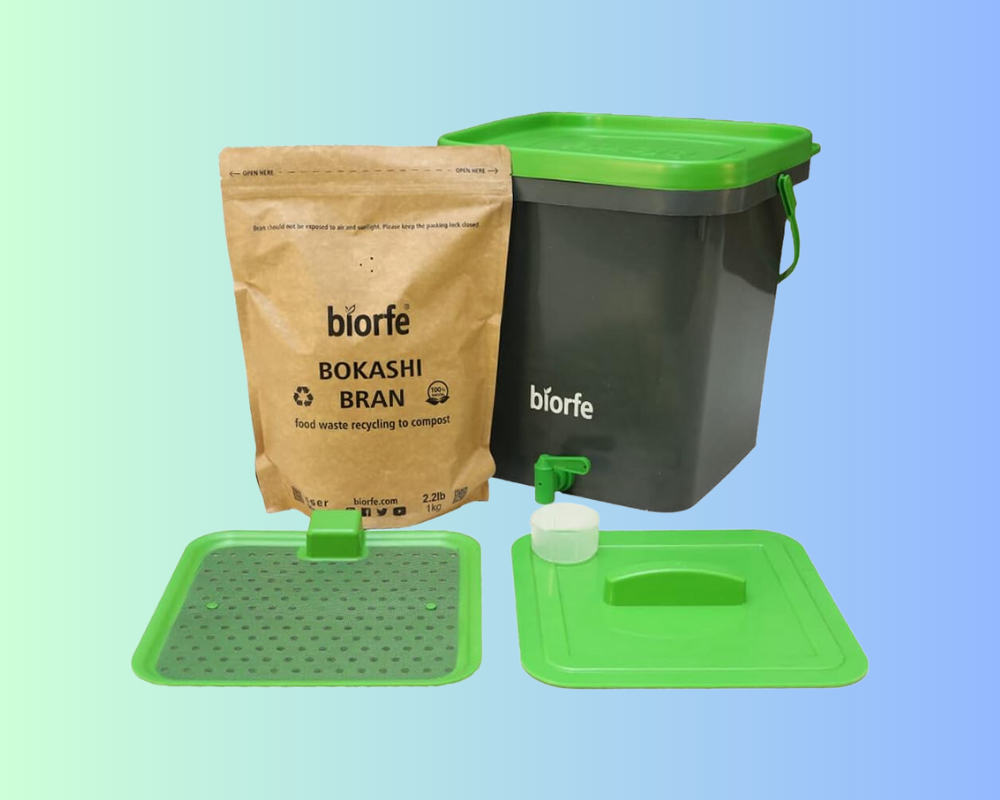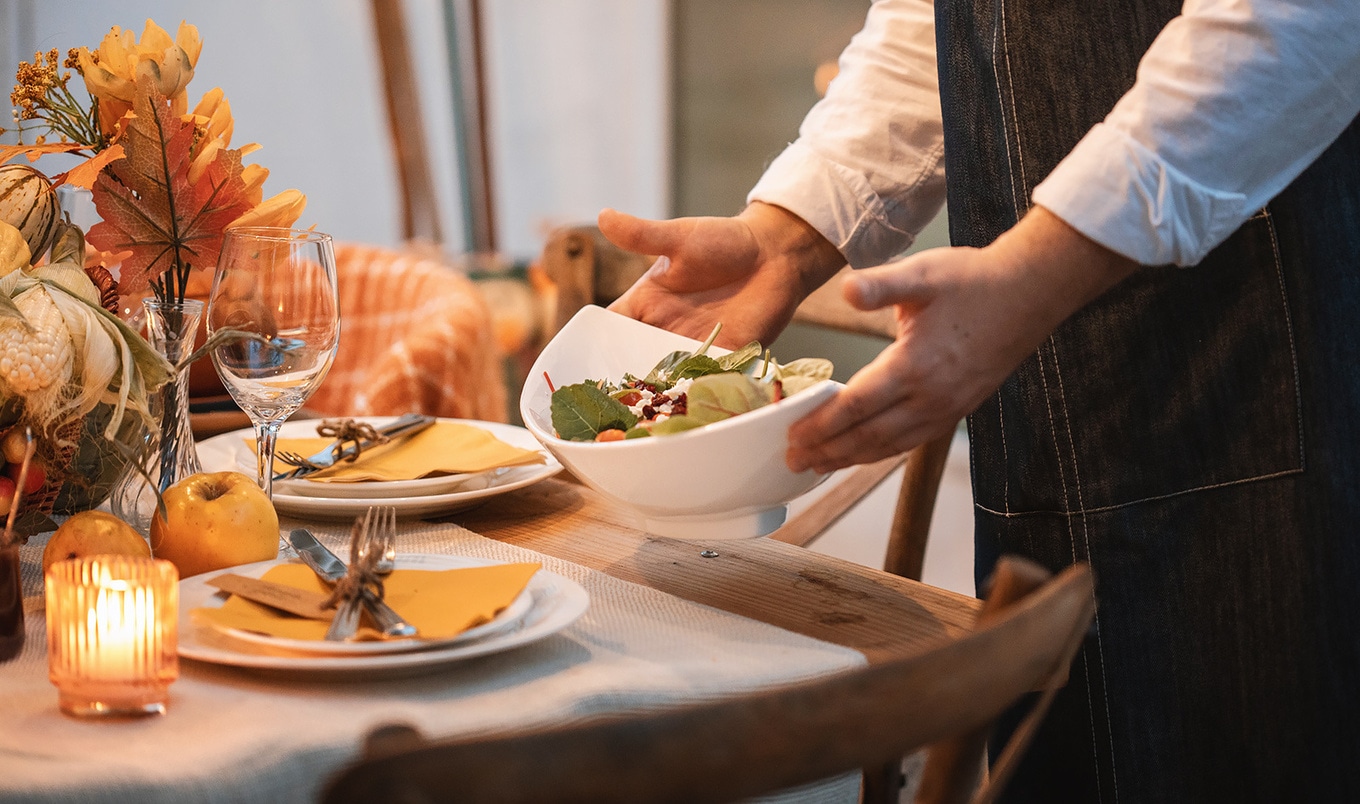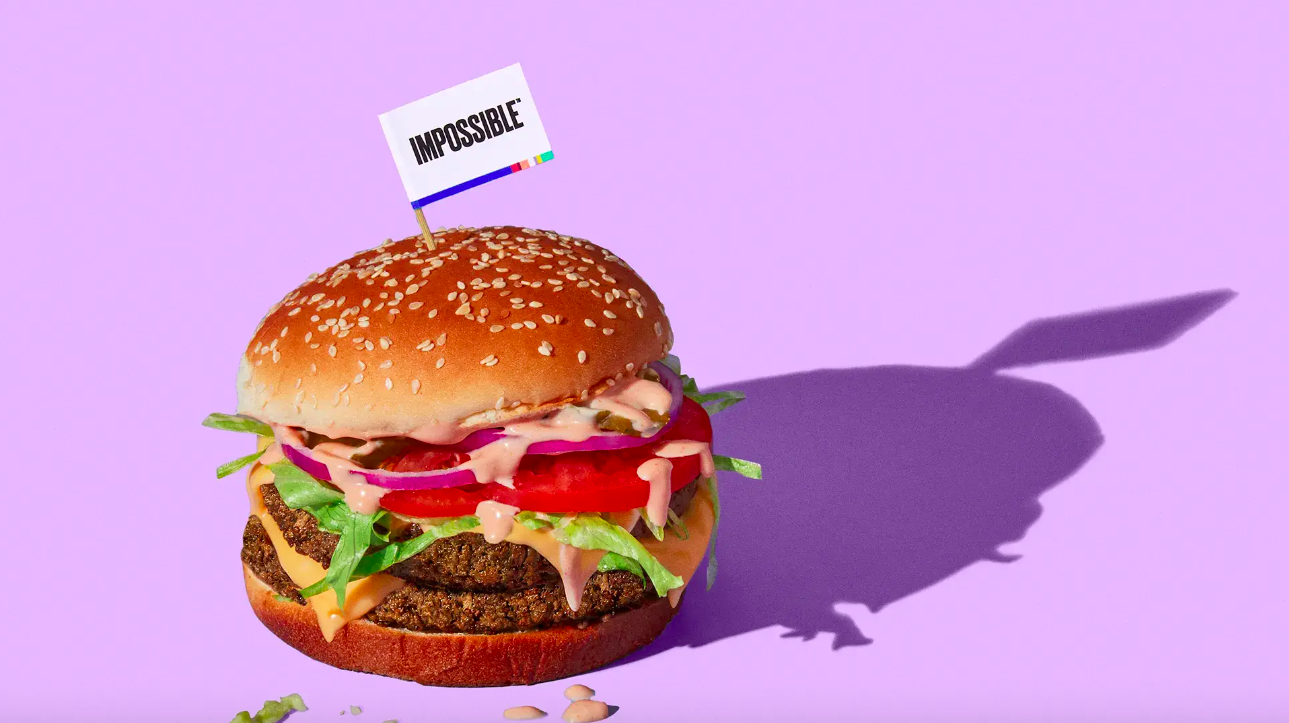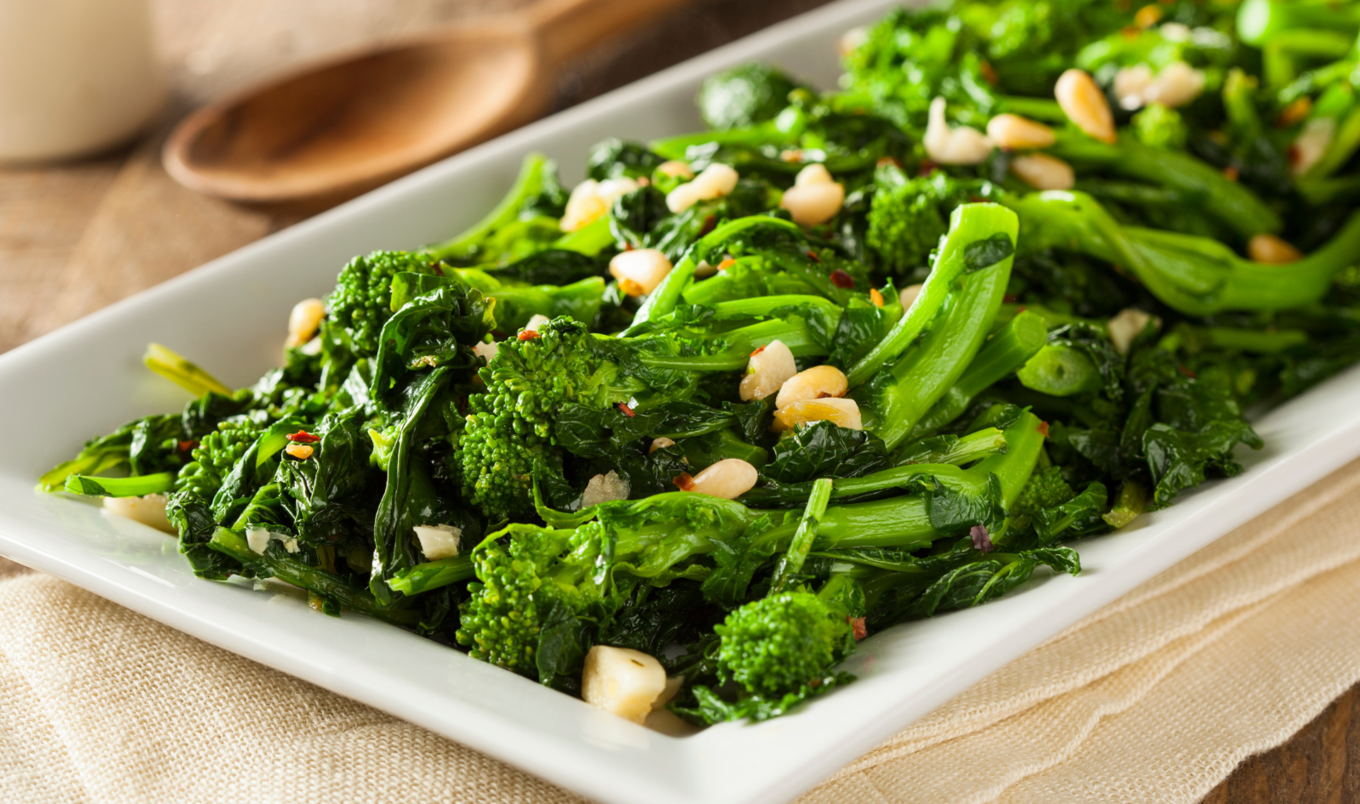According to Feeding America, around 119 billion pounds of food is wasted in the US every year. While some of this will be lost from farms, in manufacturing, or during transportation, much of it comes from people’s homes. In fact, about 39 percent of all food waste happens at home. It’s time for change, but what can we do? It turns out, there are a few solutions.
We can opt for frozen or canned options that last longer, for example, and use up leftovers in new recipes. And, when all else fails, we can compost. Here’s what you need to know about composting vegan food, its benefits, and how to do it at home.
Table of Contents
What is composting?
Composting is basically recycling, but, instead of pizza boxes, for example, you’re recycling food. “Anything that grows decomposes eventually,” explains environmental nonprofit the Natural Resources Defense Council (NRDC). “Composting simply speeds up the process by providing an ideal environment for bacteria, fungi, and other decomposing organisms (such as worms, sowbugs, and nematodes) to do their work.”
These decomposing organisms help to speed up the process because after food scraps have passed through their bodies, they turn into compost (so, yes, in a way, compost is just worm and bug poop). “Fondly referred to by farmers as ‘black gold,’ compost is rich in nutrients and can be used for gardening, horticulture, and agriculture,” adds NRDC.
Unsplash
Can you compost all vegan food?
Vegan food is pretty compost-friendly. You can compost all fruits, vegetables, nuts, seeds, beans, and so on. You can even compost tofu and tempeh, as well as things like seaweed, stale bread, coffee grounds, loose-leaf tea (be careful with tea bags, as sometimes they contain plastic), dairy-free milk, pasta, and rice.
That said, with some ingredients, you should take a little bit of care. Rats, for example, absolutely love bread (and who can blame them), so if you don’t want to attract rodents to your compost pile, consider investing in a compost bin with a lid to keep them from sneakily munching away on your scraps.
“Composting in an enclosed bin or a compost bin with a lid will help keep the pests from finding your tasty food scraps,” explains composting resource Help Me Compost. “Even in an open compost bin, just making sure that all of the pieces of bread are well covered will help prevent a pest problem from arising.”
The benefits of composting
There are many benefits to composting. For one, you’re reducing the amount of food that is thrown away every year, and that’s good for the planet. When food is thrown in the trash, it gets sent to the landfill, where it emits methane, a potent greenhouse gas. According to the Energy Saving Trust, around eight to 10 percent of all global greenhouse gas emissions are related to food waste.
When used in your garden, compost also helps the soil to retain nutrients and reduces erosion. And healthy soil means healthy plants!

How do you compost at home?
If you have outdoor space, you can invest in a compost bin to throw your food scraps. But it is possible to compost in an apartment, too.
One option is to buy a Bokashi indoor composting bin. They’re pretty easy to use—all you need to do is scrape your food scraps into the airtight compartment, before adding the Bokashi bran (which is a mixture of bran and molasses packed with microorganisms).
You’ll then need to drain the liquid regularly (that helps to prevent the smell), and after that, the mixture in the bin will start to ferment, before you can add it to a compost bin. If you don’t have access to one, one option is to check with a local farmers’ market, for example, to see if you can give your scraps to the farmers. You could also consult with any neighbors, friends, or family members who have access to a garden.
New laws around composting
In some places, it’s possible to leave your compost out with the trash. But in California, it’s not just possible, but mandatory.
It is now the law in the state that all residents must separate their food waste from the rest of their trash using designated carts for compostable waste. With the new law, California aims to reduce the amount of organic waste in its landfills by 75 percent.
California isn’t alone—Rhode Island and Massachusetts have composting laws, too, but the first state in the US to introduce them was Vermont, in 2020. And so far, so good, according to researchers.
“We have seen really great progress just in the last two-and-a-half years since the law came into effect,” said University of Vermont researcher Emily Belarmino to Vermont Public. “Vermonters are separating 48 percent more of their food waste from their trash than they were just a few years ago.”
For more on food waste, read:
Here at VegNews, we live and breathe the vegan lifestyle, and only recommend products we feel make our lives amazing. Occasionally, articles may include shopping links where we might earn a small commission. In no way does this effect the editorial integrity of VegNews.







.jpg?sha=1491c255b49d3e03)